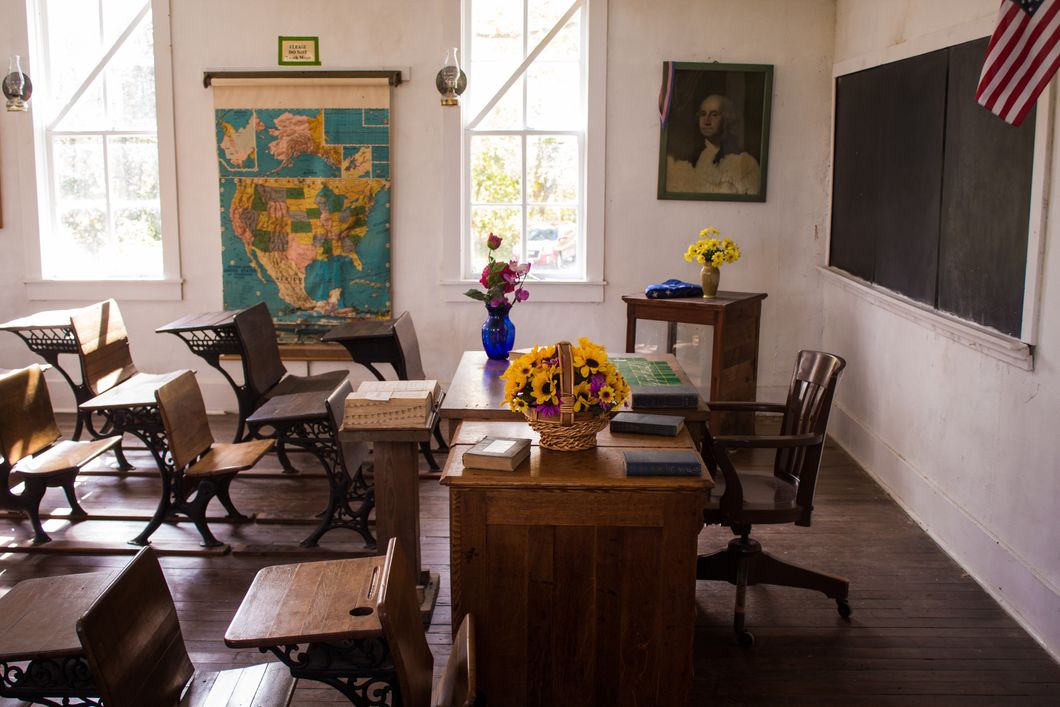Think back to your years in school. I'm sure many of us can think of only a handful of teachers that really impacted our lives positively and left a long-lasting impression. What makes these teachers stand out to us? Their well organized lessons? Their amazing use of the textbook? Maybe, but more than likely this was not what made them so memorable. It was their ability to connect with us and build a relationship with us.
"We have to make a connection to the heart before we can make a connection to the mind", this quote in The Innovators Mindset, by George Curious, is outstandingly relevant to educators and society as a whole. Without personal human connection, a student, or anyone else for that matter, will be less than willing to open up to you about their interests, goals, and, most importantly, their ability to learn. This can also apply to students who are being bullied. If they do not feel safe and personally related to within your classroom, how will they be able to open up enough to learn?
This directly relates to Maslow's hierarchy of needs. In his theory, people can only excel to their full potential after they are ensured that their basic needs are being met. For example, a child cannot begin to think about having close friends if they do not already feel as though they are secure and safe. If one or two areas of need are thrown off, it can greatly impact other areas of need.
While in high school, I experienced bullying by and among peers. This caused me to feel less secure and lacking in the friends and intimate relationships area. Even though my home life provided everything I needed for many of the levels, because of my negative school experiences I still couldn't reach the next levels of needs (esteem needs and self-actualization).
To help further translate this into how this applies to teachers, here is Maslow's Hierarchy of needs applied in the school setting:
- Physiological Needs = Schools provide food services (breakfast, lunch, snack), clean environments, and clean drinking water.
- Safety and Security Needs = School is safe and secure (metal detectors, SOR Officers, fire drills, tornado drill, etc.)
- Belongingness and love needs = School culture is inviting, responsive, and warm (teachers create personal relationships with students, peers are friendly)
- Esteem needs = Students are valued and respected (student interests and achievements are recognized)
- Self-Actualization = Students are encouraged to develop into their full potential
As you can see, students need so much more than well-planned lessons and fancy textbooks to be able to learn and reach their full potential. In order to begin the process of building relationships with your students, you need to get to know them. Learn about them. What are their interests? What are their goals?
What are their strengths and weaknesses? In high school, I had a history teacher that stood out in the hallway between classes and gave students high fives, asked about their sporting events or extracurricular activities and even made jokes with them. These simple things have permanently imprinted his efforts to build relationships with students into my memory.

















